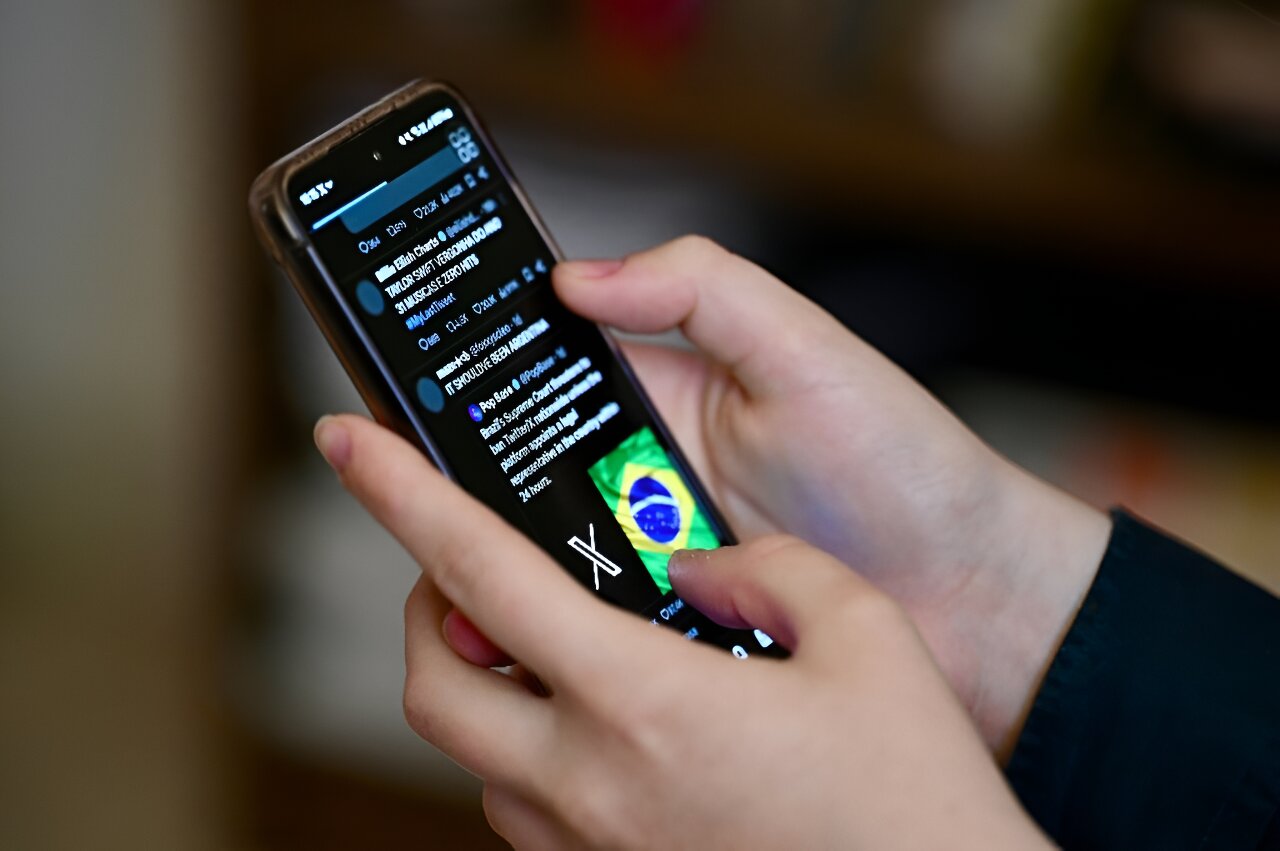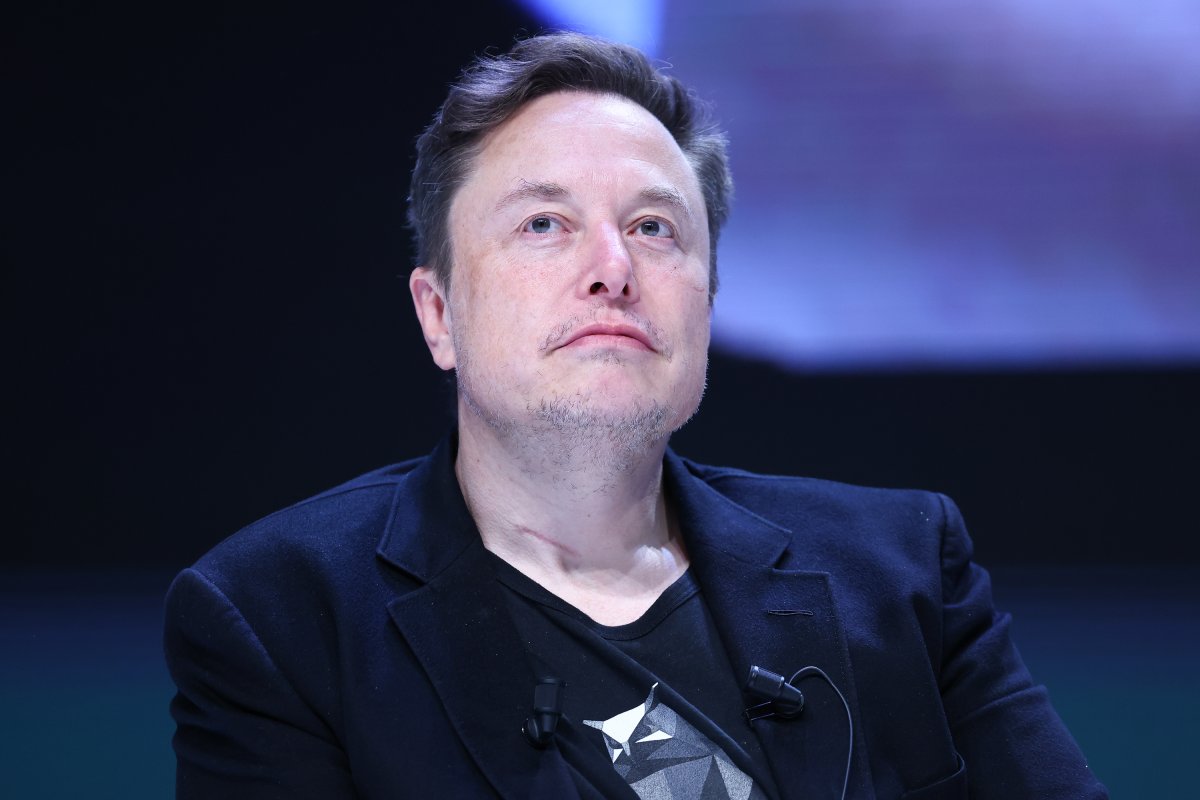The Brazilian Supreme Court’s Justice Alexandre de Moraes authorized the return of social media platform X (formerly Twitter) to Brazil after more than a month of being suspended. The shutdown occurred in late August due to a dispute between X’s owner, Elon Musk, and the Brazilian government.
The conflict revolved around issues of free speech, far-right accounts, and misinformation, with Musk publicly criticizing de Moraes for what he called authoritarian censorship. Despite Musk’s opposition, X ultimately complied with the court’s demands, allowing its services to be reinstated.
X’s suspension was lifted after the platform fulfilled several legal requirements, including blocking certain accounts, paying fines, and designating a legal representative in Brazil. De Moraes made it clear that X’s return was contingent on strict adherence to Brazilian law and court rulings.
This included ensuring that the company respected national sovereignty and the judicial system. X acknowledged its reinstatement in Brazil with a statement emphasizing its commitment to free speech within legal limits.

Brazilian Supreme Court Lifts Suspension of X After Elon Musk Complies with Court Demands
Before the shutdown, X had removed its remaining staff in Brazil, citing the threat of arrest to its legal representative, Rachel de Oliveira Villa Nova Conceição, if the platform did not comply with court orders. Brazilian law mandates that foreign companies have a local representative to handle legal matters, especially when it comes to takedown requests.
Conceição, initially named X’s legal representative in April, was reappointed in September. Her new agreement includes a clause ensuring that she only acts under written instructions from X, shielding her from personal legal consequences.
Despite reappointing a legal representative, X’s approach to its operations in Brazil has raised concerns. Some experts argue that X is doing the minimum to comply with Brazilian regulations, unlike other major tech companies like Meta and Google, which have offices and government relations departments in Brazil to engage with authorities.
The lack of deeper local involvement could lead to future tensions between X and Brazilian authorities as the platform resumes operations.
In the meantime, some Brazilian users of X have migrated to other social media platforms, such as Meta’s Threads and Bluesky. It remains unclear how many will return to X.
The situation is reminiscent of previous challenges X (as Twitter) faced in other countries, like India, where government pressures led to conflicts over content moderation. Musk’s decision to comply with Brazilian demands highlights the practical need to retain access to one of X’s largest markets, both in terms of user numbers and potential advertising revenue.











































